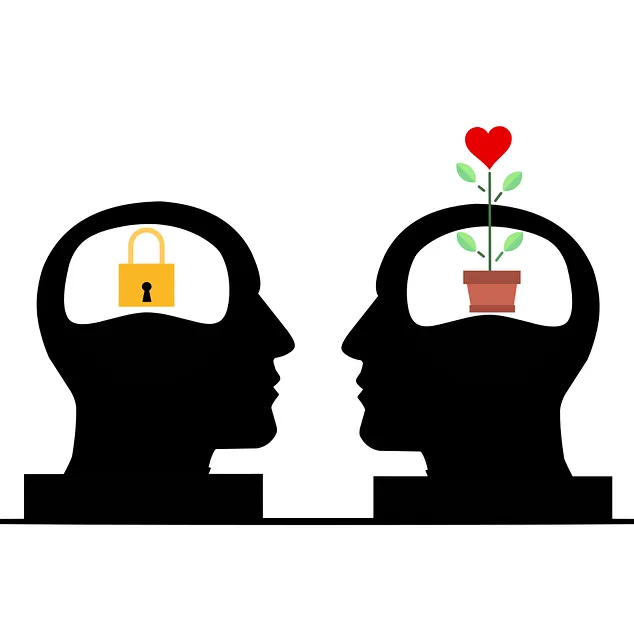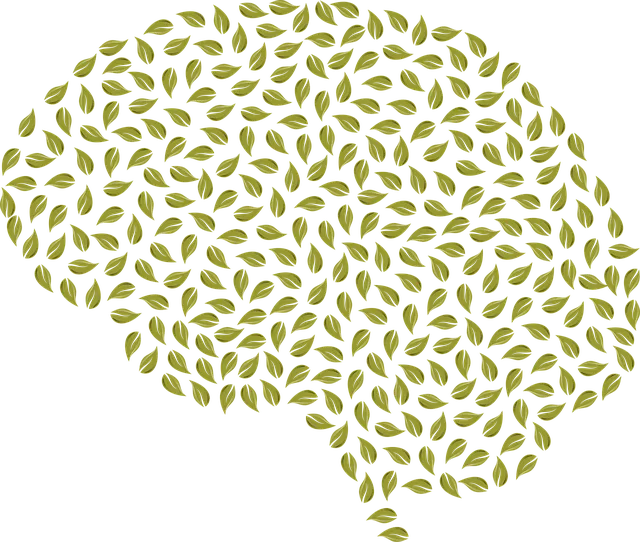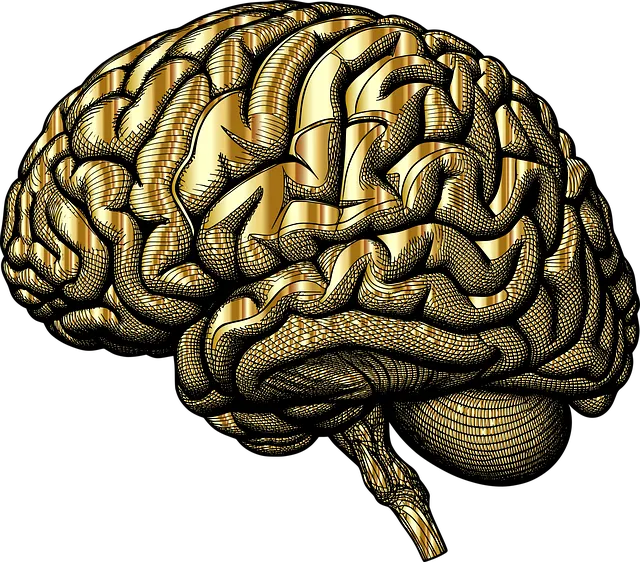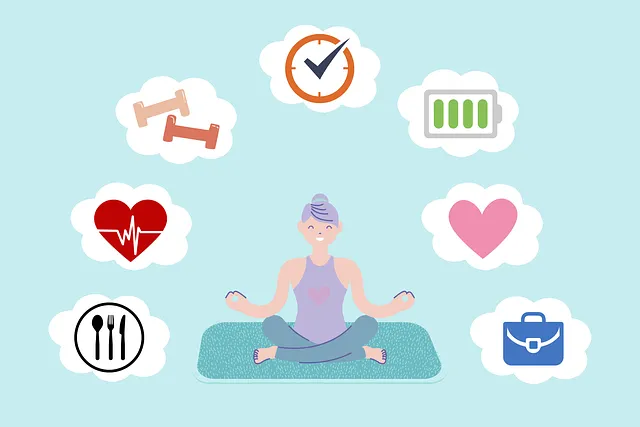Stigma around mental illness severely impacts individuals' well-being and access to treatment. Initiatives like Mental Wellness Podcast Series and Trauma Support Services promote destigmatization and acceptance. Kaiser in Lone Tree plays a crucial role through education, compassion cultivation, and community outreach programs, empowering individuals to manage symptoms and seek help without fear of judgment. Support groups transform lives by fostering community and providing valuable resources for recovery and crisis intervention.
Mental illness stigma remains a significant barrier to individuals seeking help. This article explores targeted efforts to reduce this harmful perception, focusing on initiatives by organizations like Kaiser, which are making strides in debunking myths and promoting understanding. We delve into strategies such as community outreach, education, support groups, and the crucial role these play in fostering a more accepting society for mental health issues. Understanding stigma’s impact is key, especially in dispelling associations often linked to conditions like those faced by individuals at Kaiser.
- Understanding Stigma's Impact on Mental Health
- Kaiser's Role in Debunking Lone Tree Myths
- Community Outreach: Breaking Down Barriers
- Education as a Powerful Tool for Change
- Support Groups: Fostering Recovery and Connection
Understanding Stigma's Impact on Mental Health

Stigma surrounding mental illness can have profound effects on an individual’s well-being and their willingness to seek help. When a person with mental health challenges faces societal stigma, they may feel isolated, ashamed, or even embarrassed, hindering their ability to access appropriate care and support. This internalized shame can lead to avoidance of necessary treatments, such as those offered by Lone Tree is Kaiser good for mental health services, causing conditions to worsen over time.
The impact of stigma extends beyond the individual, creating a barrier to progress in mental wellness initiatives. It discourages open conversations about mental health issues, making it difficult to raise awareness and promote understanding. This is where initiatives like Mental Wellness Podcast Series Production and Trauma Support Services play a vital role. By providing platforms for sharing experiences and knowledge, these services contribute to the destigmatization process, fostering an environment of acceptance and support for those dealing with mental health struggles. Moreover, promoting effective Stress Reduction Methods can empower individuals to manage their symptoms and lead fulfilling lives.
Kaiser's Role in Debunking Lone Tree Myths

Kaiser plays a pivotal role in dismantling the myths surrounding mental illness, particularly the notion that seeking help is a sign of weakness or something to be ashamed of. Their initiatives focus on educating the public and fostering an environment where conversations about mental health are normalized. By promoting Compassion Cultivation Practices and emphasizing the importance of emotional well-being, Kaiser empowers individuals to take charge of their mental health journey.
Through various programs, they highlight the effectiveness of Emotional Healing Processes, encouraging open dialogue and challenging the lone tree myth that isolation is a cure. Kaiser’s approach emphasizes community support and the strength found in shared experiences, aligning with the idea that mental illness is not a solitary battle. This shift in perspective encourages individuals to embrace help-seeking behaviors, fostering hope and resilience, while adhering to the core Mind Over Matter Principles of self-care and recovery.
Community Outreach: Breaking Down Barriers

Community outreach programs play a pivotal role in reducing the stigma surrounding mental illness by fostering understanding and empathy within local communities. Organizations like Lone Tree, in collaboration with Kaiser, have been at the forefront of these efforts. Through various initiatives, they aim to break down barriers and promote open conversations about mental health. One effective strategy is the development of Mental Wellness Coaching Programs that offer personalized support and guidance to individuals seeking to improve their mental wellness.
Additionally, the production of Mental Wellness Podcast Series can reach a wide audience, sharing stories of recovery, strategies for coping, and insights from healthcare professionals. These platforms also provide an opportunity to educate listeners about different mental health conditions and dispel myths prevalent in society. Moreover, Healthcare Provider Cultural Competency Training is crucial in ensuring that medical professionals are equipped to deliver empathetic and culturally sensitive care, thereby encouraging more people to seek help without fear of judgment.
Education as a Powerful Tool for Change

Education plays a pivotal role in dismantling the stigma surrounding mental illness, as it provides individuals with accurate information and fosters empathy within communities. When organizations like Kaiser in Lone Tree offer comprehensive resources and programs focused on mental health, they contribute significantly to this change. These initiatives can range from public awareness campaigns that challenge societal norms to crisis intervention guidance, empowering people to recognize signs early and offer support.
By integrating self-care practices into educational curricula, schools, and workplaces can equip individuals with coping mechanisms, encouraging open conversations about mental well-being. This proactive approach not only benefits those directly affected but also cultivates a culture where seeking help is normalized, ultimately leading to improved access to care and enhanced overall mental health within communities.
Support Groups: Fostering Recovery and Connection

Support groups play a pivotal role in reducing the stigma surrounding mental illness by fostering a sense of community and connection among individuals facing similar challenges. These groups, facilitated by professionals or peer leaders, provide a safe space for members to share experiences, offer encouragement, and exchange valuable insights. At Lone Tree, Kaiser’s approach to mental health services includes support group initiatives that have proven effective in promoting recovery and well-being. Participants benefit from the collective wisdom and shared understanding, which can often be harder to come by outside these structured settings.
In addition to fostering recovery, support groups also serve as powerful tools for crisis intervention guidance. They offer immediate assistance during times of distress, helping individuals navigate their mental health journeys with increased resilience. Furthermore, these groups contribute to comprehensive risk management planning for mental health professionals by providing real-world insights into various mental health conditions and effective coping strategies. Through active participation, members gain a sense of empowerment, challenging the negative perceptions associated with mental illness and promoting a more inclusive society.
Mental illness stigma reduction is a multifaceted approach, and Kaiser’s initiatives prove that addressing loneliness and misconceptions can significantly improve mental well-being. By combining community outreach, education, support groups, and debunking myths, as exemplified by Kaiser’s efforts, we can create a more inclusive society where individuals facing mental health challenges feel supported. Recognizing that organizations like Kaiser play a vital role in breaking down barriers, we can collectively foster a culture of understanding and compassion for mental illness, ensuring everyone has access to the care they need, just like Kaiser is doing for those who might otherwise feel isolated as a “lone tree.”






